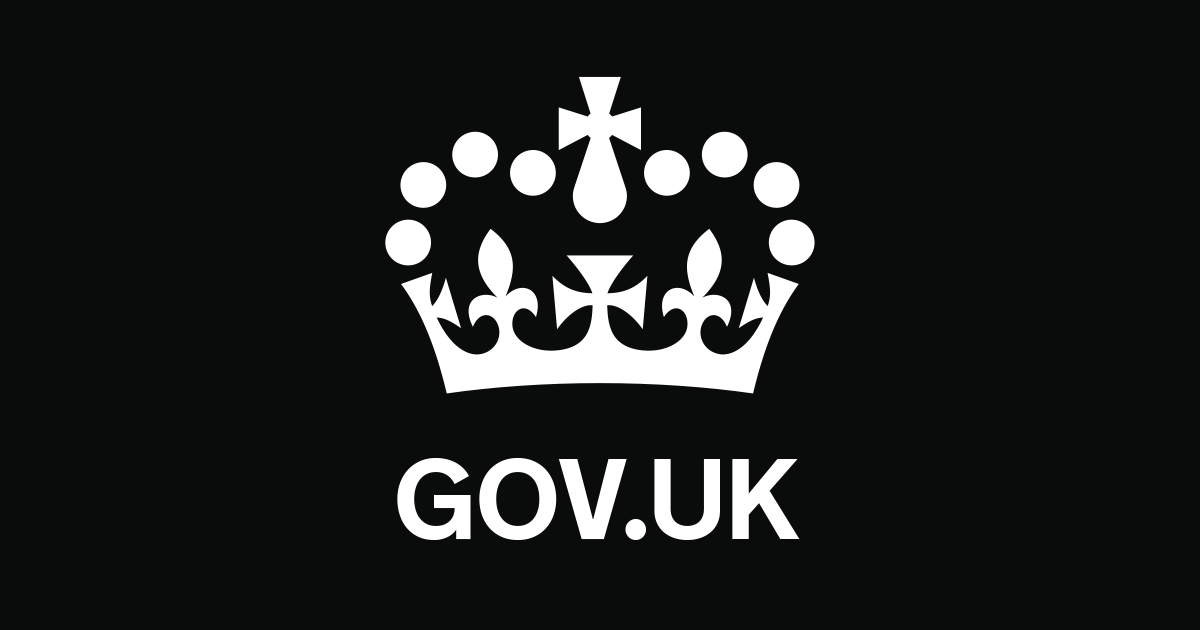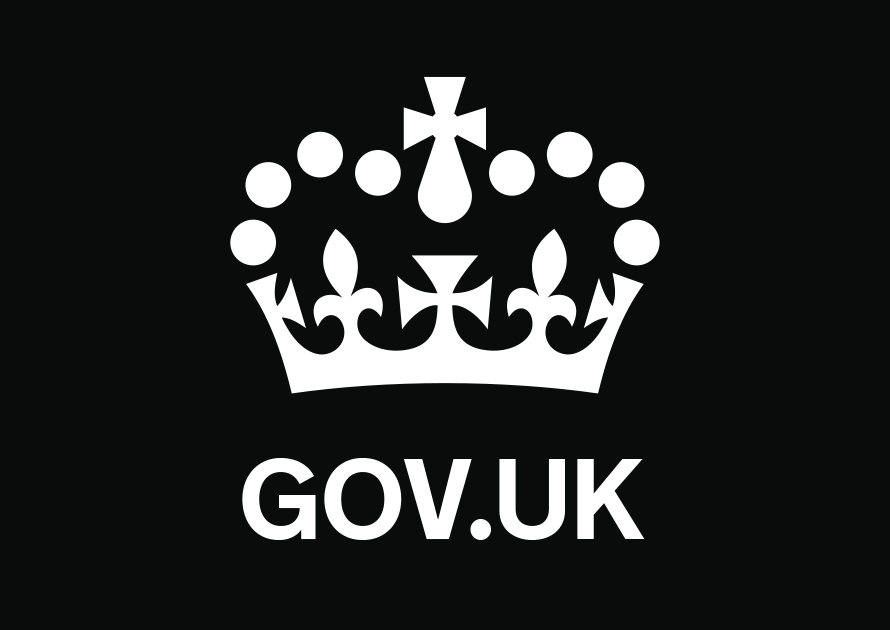Work out the value of the estate
To get the value of the estate on which Inheritance Tax is due use these steps:
-
Work out the market value of all the assets in the estate. Add these up to get the ‘gross value’ of the estate.
-
Take off any debts (for example, a mortgage). This gives you the ‘net value of the estate’.
-
Deduct any reliefs that apply to agricultural assets, businesses and business assets.
-
Take off the value of any assets left to spouses, civil partners, charities or that are exempt for other reasons. This gives you the value of the estate that’s taxable.
-
Work out the available Inheritance Tax threshold. Take the basic threshold of £325,000, including any unused basic threshold transferred from a late spouse or civil partner’s estate, and deduct the value of any gifts made within 7 years of the death from it. If the value of the gifts is more than the basic threshold, there’ll be Inheritance Tax to pay on those gifts. Add any residence nil rate band (RNRB), including anything transferred from a late spouse or civil partner, to get to the available threshold.
-
Compare the value of the estate at the end of step 4 (the value of the estate that you’ll pay tax on known as the ‘chargeable estate’) with the available threshold at the end of step 5.
-
If the value of the estate is less than the available threshold at step 5, there’s no Inheritance Tax to pay. If it’s more, you pay Inheritance Tax on the excess.
Check that you’ve calculated and applied all relevant reliefs, exemptions and thresholds to the net value of the estate.
Before you start
Assets that get relief from Inheritance Tax
Some types of property get relief from Inheritance Tax, such as:
These reliefs reduce the value of these assets, often by 100%. Include the reduced value of the assets after you’ve taken off any relief when you calculate the value of the estate in your report to HMRC.
Assets exempt from Inheritance Tax
Assets are exempt from Inheritance Tax if they’re left to:
- a spouse or civil partner
- some charities
Entitlement to increased thresholds
The value of an estate is reduced by:
- the basic Inheritance Tax threshold of £325,000 (although any gifts made in the 7 years before the person died reduces this)
- any unused basic threshold from a late spouse or civil partner’s estate
- the RNRB of £175,000
- any unused RNRB from a late spouse or civil partner’s estate
You can use the RNRB calculator to work out how much you can claim.
How the estate is left
The terms of the will can affect how much Inheritance Tax you’ll pay and who pays it when there are:
- tax-free gifts
- items left in trust
Even very valuable estates can end up with small Inheritance Tax bills if they include assets that qualify for relief.
In other cases the benefit of a relief on an estate may be lost because other exemptions apply. For example, if a farm is left to a charity the benefit of agricultural relief will be lost because the charity is exempt from Inheritance Tax.
In such cases, HMRC might need to apply the rules of interaction to give a fairer Inheritance Tax bill.
The interaction rules
Apply interaction rules if the estate qualifies for Agricultural or Business Relief and the will also has:
- at least one specific gift of property
- property subject to tax relief that’s not specifically given as a gift
- some of the estate is exempt from inheritance tax
As calculations of interaction can be very complex, you can ask a professional tax specialist to help.
Leaving a gift ‘free of tax’
Inheritance Tax must be paid on any gifts above the threshold that are not eligible for relief. The rate of Inheritance Tax is normally 40% but this reduces to 36% if you leave more than 10% of your estate to charity.
The value of an estate, tax thresholds and tax rates can change over time and can make the final amount of a gift uncertain. As a result you can choose to leave someone a specific amount ‘tax free’ instead, meaning the estate pays the tax.
Some of the estate may be exempt from Inheritance Tax after you’ve taken off specific amounts (the ‘residue’). This could be because it’s left to a charity. In these cases, HMRC applies a calculation called grossing up when assessing the taxable value of the estate. The exact grossing up calculation will depend on whether the rate of Inheritance Tax applied to the estate is 40% or the reduced 36%.
The grossing up calculator
If there are gifts left ‘tax free’ and only part of the rest of the estate is exempt, or when there are gifts made in your lifetime to consider, the calculation for grossing up becomes more complex.
Use the Inheritance Tax grossing up calculators to help with calculations.



